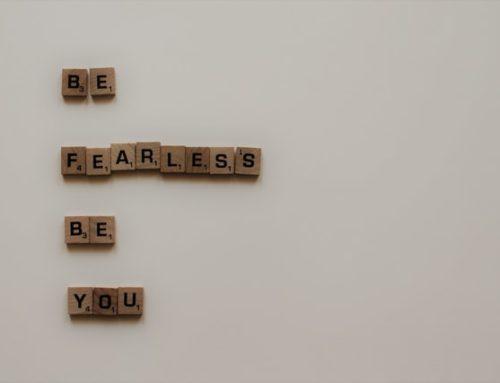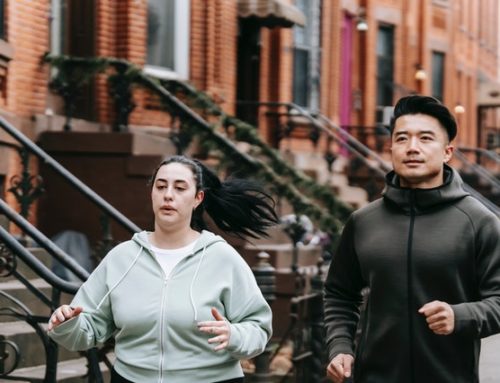Do you feel a little bummed when you’re co-workers or friends talk about their fitness regime?
You might even feel embarrassed or concerned for your health that you’re not registered for the upcoming 5K or working on your quads.
Let’s face it, your quad definition just isn’t number one on your priority list. And that’s perfectly okay.
We all like a good set of quads, but the bottom line is that your life responsibilities come before impeccable muscle definition. Things like your family, your health, and your job, they all hold the place of top dog.
But even with a big chunk of your time dedicated elsewhere, you can still reap the benefits of exercise.
Here’s what I mean.
More Exercise Means Fewer Health Risks
Although it would be awesome to tell you that you’ll be just as healthy with or without exercise, it’s just not true. Exercise not only makes you feel better, it’s also associated with a longer lifespan. In fact, exercising can minimize your risk for an early death by 50%.
Furthermore, exercise supports healthy hormone production that aids in body composition, sexual function, and a positive mood. And you may be aware that exercise and longevity have a unique relationship. That’s because working out can improve your cardiovascular health, too. In short, exercise does wonders for keeping your ticker top-notch.
Plus, not only is exercise the ultimate mood and health booster, but it promotes creativity. Some professionals have even made exercising a part of their job because of its intense benefits.
Don’t have an hour or two to dedicate to exercising? There’s a solution for that.
Exercise and Longevity: How Much is Enough?
Like mentioned before, exercise and longevity have a close relationship. They’ve always been attached at the hip. One inevitably leads to the other.
According to research, the longer your exercise session, the more endurance you have. That’s how marathon runners can make it to the finish line. They practice. A lot!
However, similar research has shown that you can still improve your health even without “marathon-like” workout sessions. The recommended amount of physical activity is still 2.5 hours per week. But it’s no longer set in stone that it has to come in increments of 30 minutes five days a week.
Findings reveal that you can still enjoy the same benefits when you exercise in bouts of two minutes at a time. Sounds great?
Yes! The relationship between exercise and longevity is transforming into something way more attainable for people with busy lives.
How This Makes Your Life Easier
If you’ve been feeling bad about not putting in an hour at the gym, you can release those negative feelings now. Guilt about your exercise regime doesn’t have to haunt you anymore.
Rather, go for that walk around the office building—inside or out. Park your car away from the door at the grocery store and put in a little exercise time. Or you can even opt for the stairs at the mall rather than the escalator or elevator. It’s as simple as that.
Want to go for a walk, but don’t have much time? Slip on some shoes and make your way around the block. Even a short walk is time well spent towards reaching your health goals.
These little bursts of physical activity aren’t just you getting from Point A to Point B, they qualify as exercise. And they’re adding up—day by day—to improve your health.
It seems the Roman Emperor Hadrian could have been talking about your new exercise routine when he said, “Brick by brick my citizens, brick by brick.”
Every little bit counts!
—
As you can see, although the connection between exercise and longevity still has a place in the world of fitness, you don’t have to commit to hours and hours of exercise to reap its benefits and improve your overall health. But if you’re still struggling with a way to incorporate exercise into your daily routine, please contact me. Together we can identify your mental roadblocks, set goals, and strategize a way for you to reach them.




